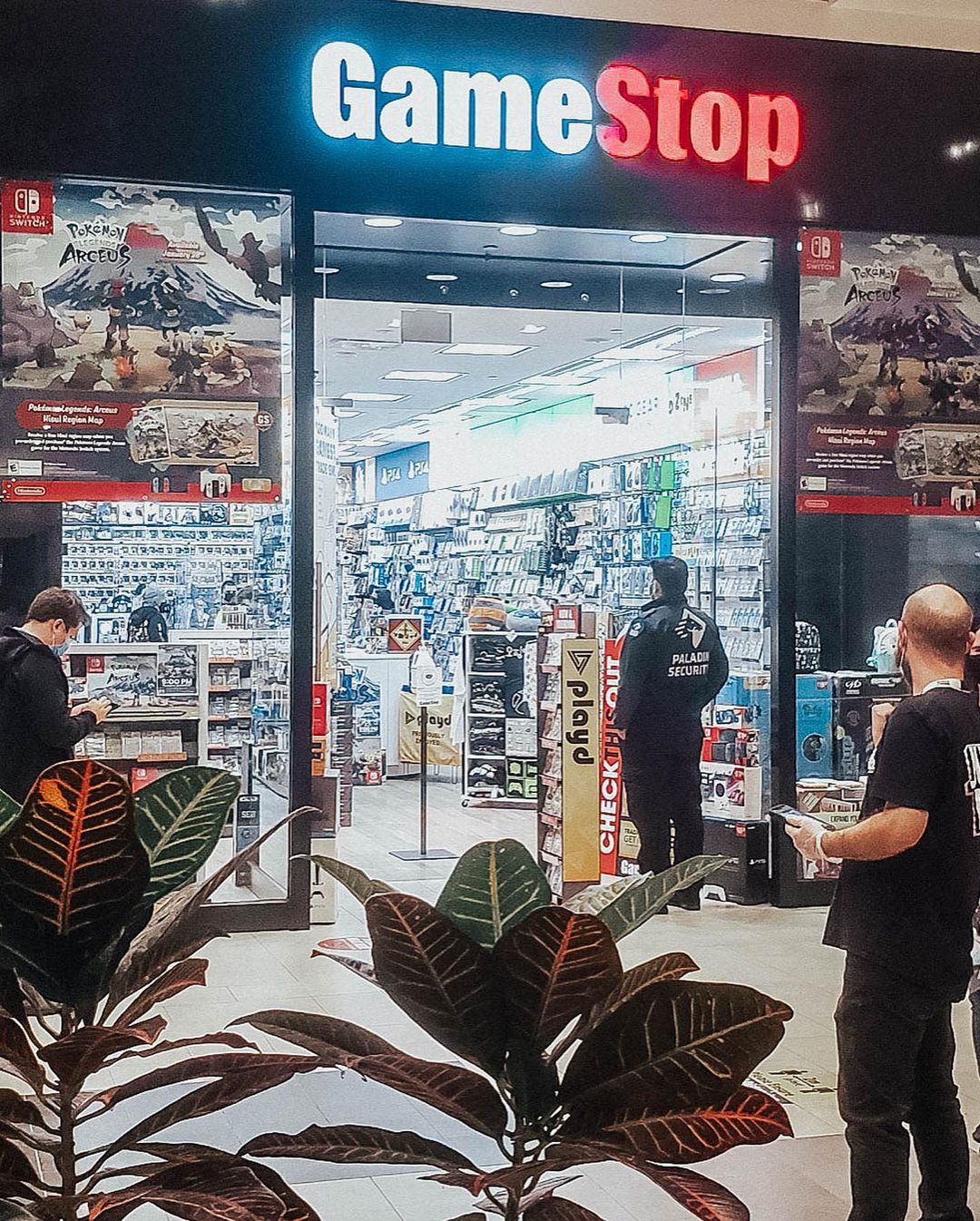GameStop Endures – Revisiting The Financial Saga A Year After
When Wall Street meets Reddit, what could be the likely scenario? A besieged retail company experienced how it unfolded – and benefitted from it in return.
Author:Frazer PughReviewer:Emmanuella SheaFeb 28, 2022116.1K Shares2.1M Views
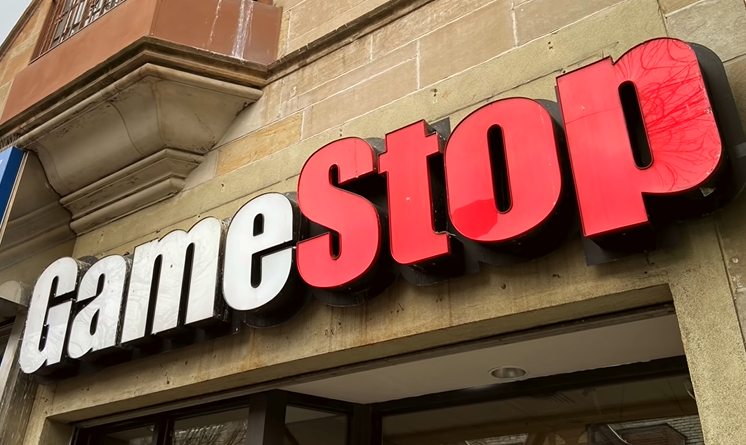
It was January 2021 and, depending on the source you’re reading, what happened to the headline-grabbing events involving GameStopresulted in varied analyses.
Pulitzer Prize-winning American columnist and author Michael Hiltzik called it a “stock craze.” For The Economist, it was a “complex financial tale.” Fox News dubbed it a “phenomenon.”
And while some labeled the incident as a scandal, others dismissed it as such, but regarded it as a controversy.
That time, GameStop, a struggling electronics and video gameretail company besieged with uncertainty over its future suddenly became a force to reckon with.
The unexpected turn of events rendered retail brokers helpless, according to The Economist, that even the U.S. Congress stepped in to probe the incident.
One year later, let’s revisit the financial saga that was GameStop.
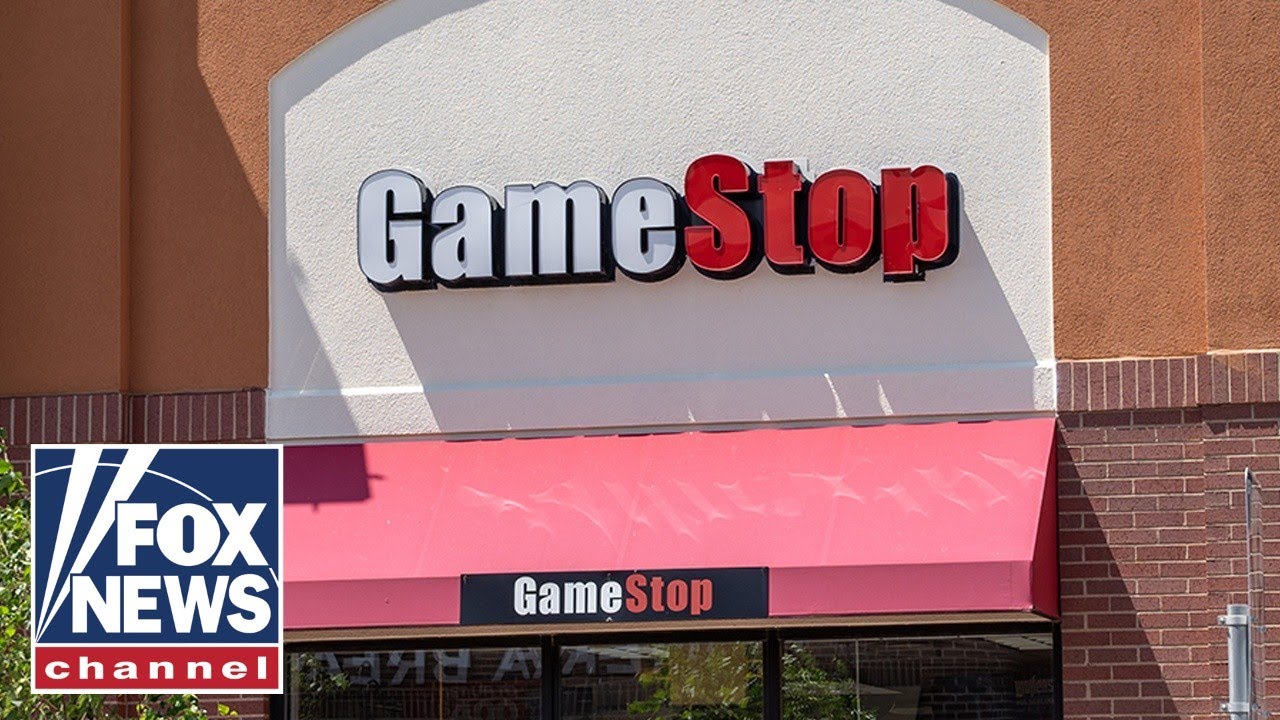
‘Who Can Forget?’: The GameStop Phenomenon
GameStop Saga Explained
Here’s a brief take on the so-called GameStop saga that shook Wall Street and even compelled the Congress to conduct an investigation.
Founded in 1984 in Dallas as Babbage’s, GameStop (present name since 1999) is a video games and electronics retail company headquartered in Grapevine, Texas.
From 2004 through 2016, GameStop reaped success, acquiring several companies that expanded its operations in America and overseas, according to Wikipedia.
However, GameStop was one of those companies badly hit when video games became downloadable.
In 2016, the Entertainment Retailers Association (ERA), U.K.’s trade body, reported that global sales of physical games experienced a 16.4% drop. Digital games, though, got a 12.1% increase in revenue.
After a 2.5% increase (from $393 million to $403 million) in profits in 2016, GameStop registered a $353 million profit in 2017, indicating a -12.3% decrease. Data was taken from Fortune.
In 2018, profits fell to $34 million (a -90.2% decrease).
Profits were (in millions) $-673 (a -2,039.5% decrease) and $-470 in 2019 and 2020, respectively.
In April 2020, GameStop was traded at $2.57 per share.
In short, the company’s financially struggling. It’s dying.
But, as one line from a Walt Disney movie theme song goes: “There can be miracles.”
Indeed, a miracle of sorts happened to GameStop, courtesy of a 35-year-old financial analyst and investor Keith Patrick Gill.
He’s “DeepF***ingValue” on Reddit and “Roaring Kitty” on Twitter (approximately 506,700 followers) and YouTube (approx. 547,000 subscribers).
Keith Gill, then a marketer at the insurance company Massachusetts Mutual Life Insurance Company (MassMutual), believed that GameStop stock was “undervalued,” according to Wikipedia.
Through his YouTube channel and the subreddit“r/wallstreetbets.” Gill talked about his GameStop investment.
In September 2019, he invested $53,000, reported Reuters. Said investment gave him a profit of $46,000.
Members of “r/wallstreetbets” (a forum for retail investors, with more than 2 million members at the height of the GameStop saga) followed suit and started investing in GameStop. Many of them did via the tradingplatform Robinhood.
What further contributed to the hype were tweets from two men: one a billionaire; the other, a multi-billionaire, according to Financial Express.
The first influential tweet came from Chamath Palihapitiya, the founder and CEO of California-based venture capital firm Social Capital. On January 26, 2021, this billionaire venture capitalist announced via twitter: “We bought Feb $115 calls [February call options] on GME [GameStop] this morning.”
Palihapitiya excitedly ended his tweet by typing: “Let's gooooooo!!!!!!!!”
Then on January 27, 2021, no less than Elon Musk, himself, fueled the craze by tweeting: “Gamestonk!!”
The term “stonk,” according to Merriam-Webster, is a humorous way to refer to “stocks.”
The Tesla CEO included in the said tweet a link to “r/wallstreetbets,” raising public awareness about the said Reddit forum.
After their respective tweets, GameStop closed at $147.98 per share (January 27, 2021). For comparison, just the other day (January 26), it closed at $76.79.
The Atlantic said that Gill and the retail traders from “r/wallstreetbets” were directing their collective efforts at the short sellers (traders who use short selling).
Short selling, according to Desjardins Online Brokerage, “is the selling of a stock that the seller doesn’t own,” where the seller expects the market/share price to go down.
Investopedia warns that the risk involved in short selling is “unlimited” because “the price of any asset can climb to infinity.”
And that’s exactly what happened to GameStop. Its price skyrocketed in a matter of days as Gill and those who relied on his insights bought GameStop stocks to pull up its price.
Now, in the words of Investopedia, “to cut their losses,” short sellers bought back shares. The result? The price of GameStop further rose, paving the way to a condition called “short squeeze.”
Many hedge funds suffered, including New York-based investment management company Melvin Capital, which lost no less than $2 billion, according to The Atlantic.
It’s the “squeeze of a lifetime,” as former hedge fund manager Jim Cramer tweeted on January 23, 2021. “Not since Resorts International have I seen one like this,” he added (Cramer’s referring to the hotel chain’s short squeeze in 1978).
As of January 29, 2021, The Atlantic estimated that Gill already earned over $13 million. No wonder the married father (has one pre-school aged daughter as of this writing) resigned from MassMutual on January 28.
On January 27, GameStop reached $347.51 per share. On July 1, 2020, it traded at $4.44 per share.
In February 2021, the U.S. Congress questioned Gill for claims of market manipulation, which is illegal, but he said he’s not guilty of any wrongdoing.
“The idea that I used social media to promote GameStop stock to unwitting investors and influence the market is preposterous,” he said, as quoted by Fortune.
Per Reuters, Gill attested that he made it “abundantly clear” that the purpose of his YouTube channel was “for educational purposes only.”
Gill has been inactive in social media for more than six months now.
His last tweet (a video of a collection of sleeping kittens) was made on June 19, 2021, and he last uploaded a video on YouTube on April 17, 2021. In the said video, his parting words were, “Cheers everyone.”
It’s indeed a call for celebration for his fellow investors/social media followers and other people who financially benefited from the GameStop saga.
GameStop Stock
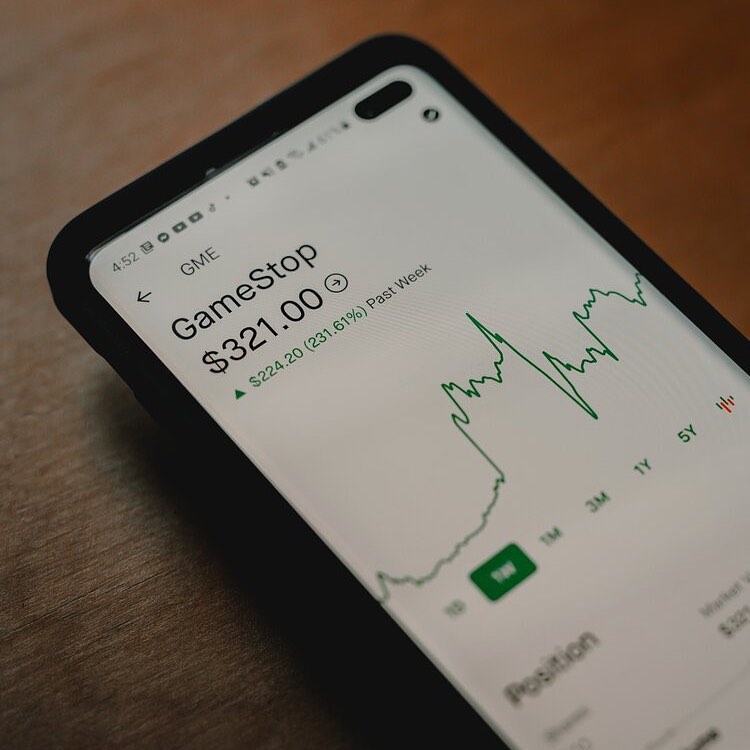
On February 25, 2022, GameStop stock (NYSE: GME) closed at $118.58 per share (February 1, $112.60; January 3, $152.84).
On December 31, 2021, it was at $148.39 per share. On November 22, it peaked at $247.55.
According to Investor’s Business Daily, people who invested $10,000 on GameStop towards the end of 2020 and sold said stocks in 2021 profited as much as $58,000, according to Investor’s Business Daily.
“I see no reason to be as positive on GME stock anymore,” wrote Chartered Financial Analyst Mark R. Hake for Yahoo! Finance.
One reason that prompted such poor faith from Hake was that GameStop has yet to produce a turnaround plan.
That’s also what Wedbush analyst Michael Pachter was looking for, according to MarketWatch, but unlike Hake, he was “quite optimistic” that GameStop would become profitable again this 2022.
Is GameStop Going Out Of Business?
The once thriving retail company is still in business, but as GameStop works on its survival, it needs to permanently halt numerous operations across America.
As of January 30, 2021, per Wikipedia, GameStop operated in the following places:
(a) U.S.: 3,192 stores (mostly located in strip malls)
(b) Canada: 253
(c) Australia: 375
(d) New Zealand: 42
(e) Europe (Austria, France, Germany, Ireland, Italy, Switzerland): 954
In the U.S., GameStop closed down 38 stores in March 2021, 45 stores between April and May 2021, and 25 more from June through December 2021.
One good news is that the company, as announced through its website, settled a long-term debt worth $216.4 million on April 30, 2021.
As analysts Mark R. Hake and Michael Pachter mentioned, GameStop must hasten to create a turnaround plan.
What Is The Future Of GameStop?
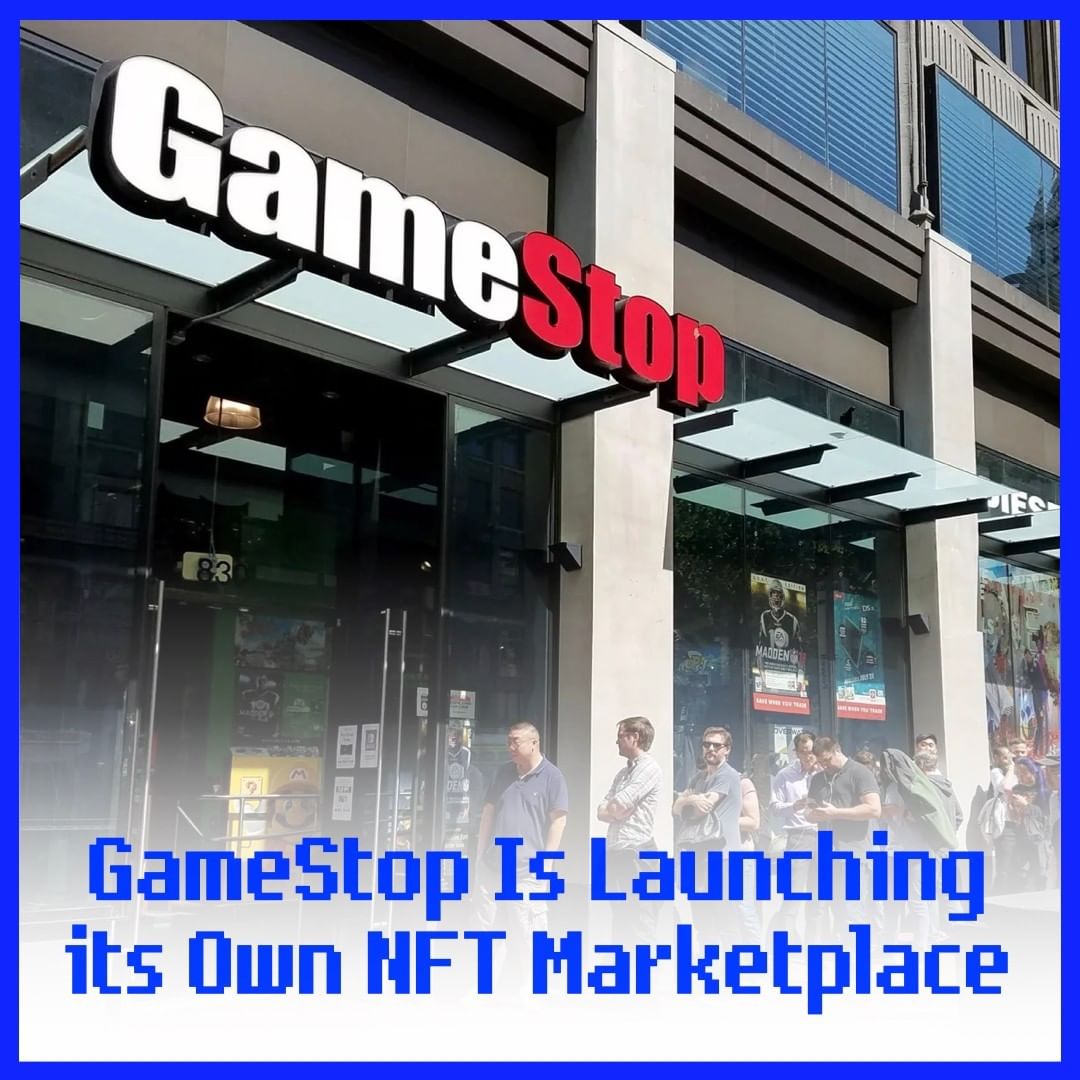
Reuters reported that GameStop would be gearing itself towards e-commerce. But at the same time, its new chairman, Ryan Cohen seemed to be inclined as well to revive physical stores.
The 35-year-old Cohen, who assumed the role in June 2021, discreetly (the face mask surely helped a lot) visited stores to observe. The secret visits made him want to invest in staff training and store redesigning and renovation.
In addition, it would lease warehouses to speed up product distribution. Moreover, GameStop would have its own U.S.-based call center to facilitate customer service.
Now even before 2021 concluded, per Barron’s, there were already reports that GameStop was mulling over nonfungible tokens (NFTs)and cryptocurrency.
According to a February 2022 report by Verge, a GameStop NFT marketplace is in the making, with a $100 million fund. It will be launched on Immutable X, an NFT scaling platform of the cryptocurrency Ethereum.
Conclusion
The turbulent times of GameStop reminded us once more of two things: how digitalization affects brick-and-mortar stores and how powerful and influential social media can get.
It’s not only GameStop that got forced to close down stores due to digital transformation. Other popular American retail chain stores that got a similar fate include Gap, JCPenney, Macy’s, Sears, and Kmart, according to news site The Cold Wire.
As for social media, it affects the decision-making activities of people, such investors and traders, as strongly demonstrated in the GameStop saga.
Key people behind GameStop should study how digitalization and social media can aid in their quest to rebuild the company.

Frazer Pugh
Author
Frazer Pugh is a distinguished expert in finance and business, boasting over 6 years of experience. Holding an MBA in Finance from Stanford University, Frazer's credentials underscore his authority and expertise in the field.
With a successful track record in executive roles and as a published author of influential articles on financial strategy, his insights are both deep and practical.
Beyond his professional life, Frazer is an avid traveler and culinary enthusiast, drawing inspiration from diverse cultures and cuisines.
His commitment in delivering trustworthy analysis and actionable advice reflects his dedication to shaping the world of finance and business, making a significant impact through his work.

Emmanuella Shea
Reviewer
Emmanuella Shea is a distinguished finance and economics expert with over a decade of experience. She holds a Master's degree in Finance and Economics from Harvard University, specializing in financial analysis, investment management, and economic forecasting.
Her authoritative insights and trustworthy advice have made her a highly sought-after advisor in the business world.
Outside of her professional life, she enjoys exploring diverse cuisines, reading non-fiction literature, and embarking on invigorating hikes.
Her passion for insightful analysis and reliable guidance is matched by her dedication to continuous learning and personal growth.
Latest Articles
Popular Articles
